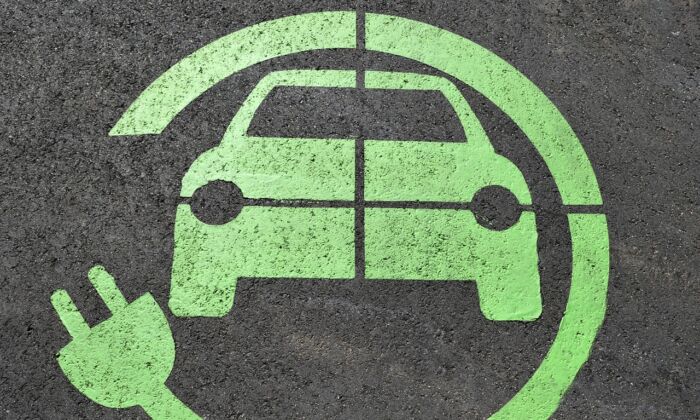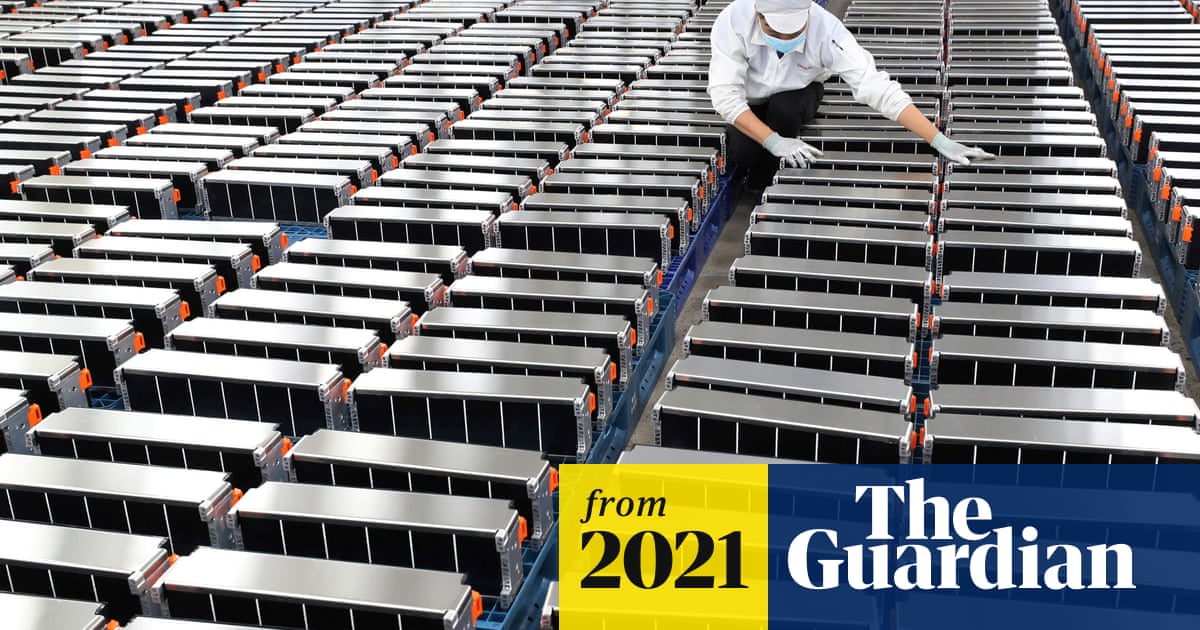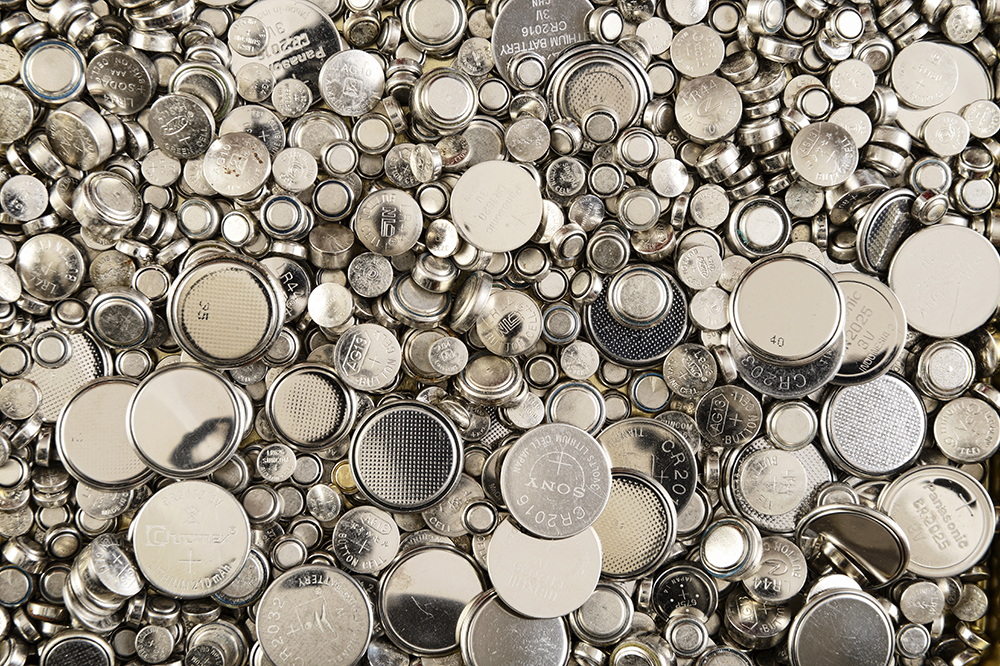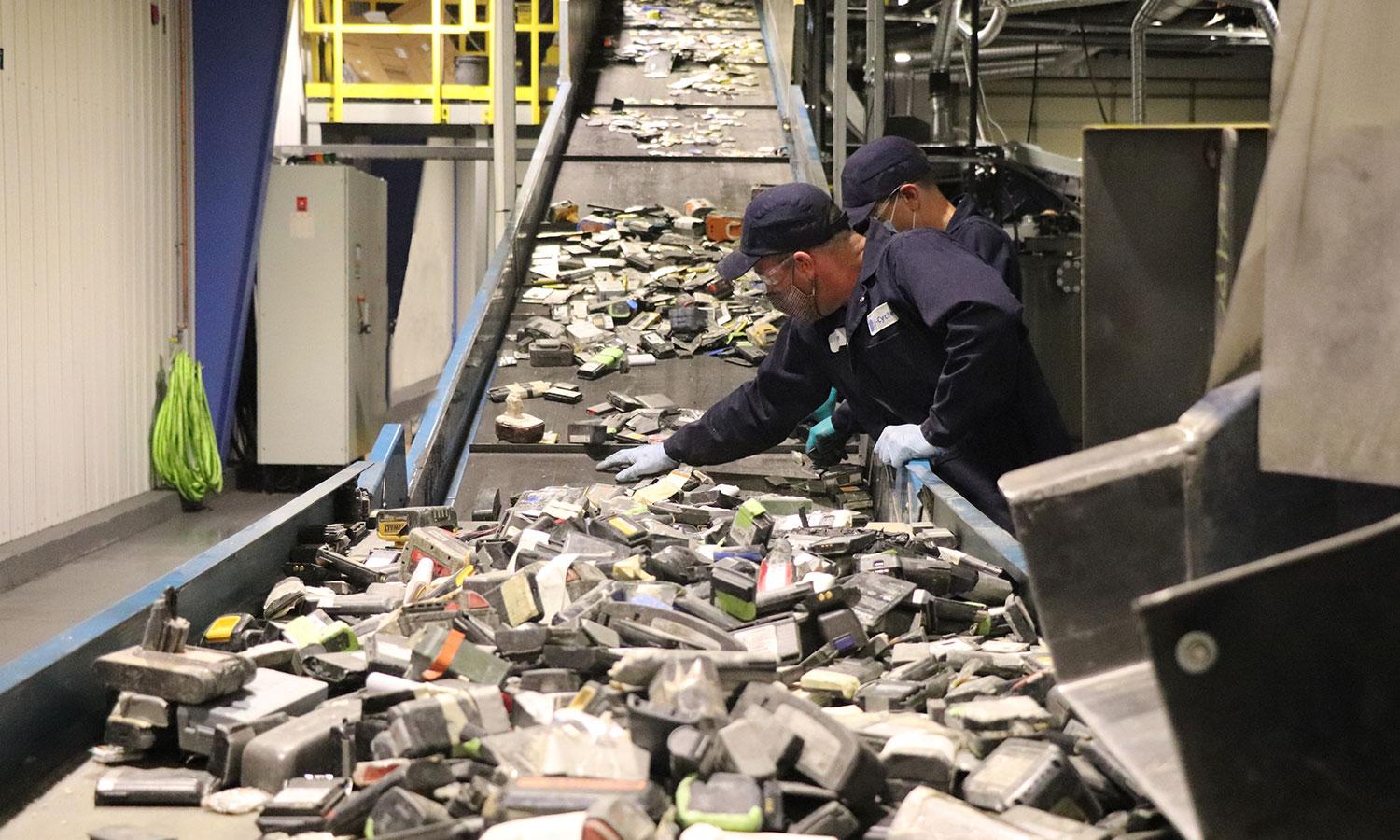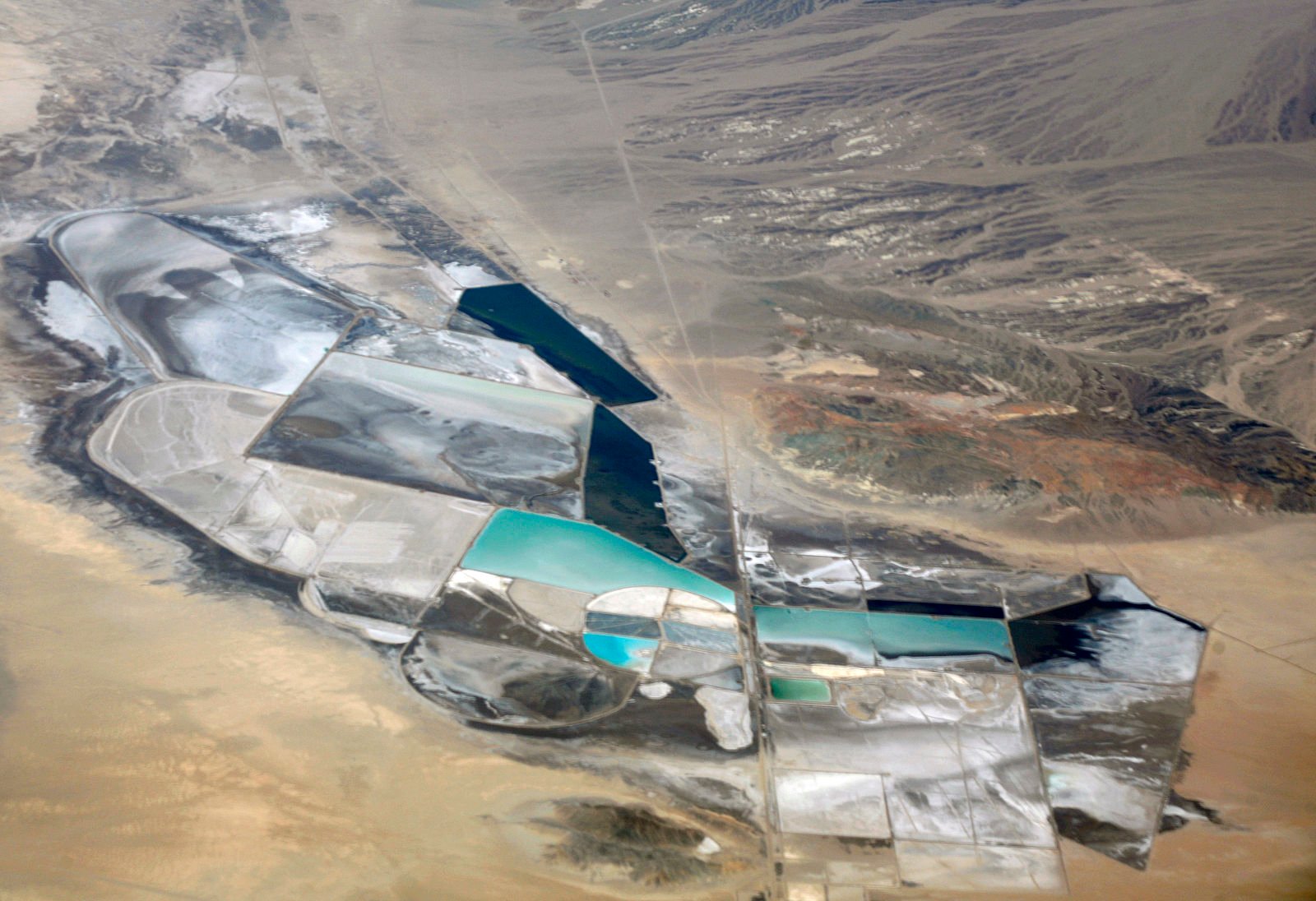petro
Diamond Member
Need a replacement battery for that Tesla?
Expect to pay around 16,000 bucks for it.

 www.howtogeek.com
www.howtogeek.com
Expect to pay around 16,000 bucks for it.

How Much Does It Cost to Replace a Tesla Battery?
One of the biggest apprehensions for would-be Tesla electric vehicle (EV) owners is the prospect of battery replacement. Here we’ll look at the real cost of this repair, why it isn’t always necessary, and what you should keep in mind to protect yourself.
 www.howtogeek.com
www.howtogeek.com
